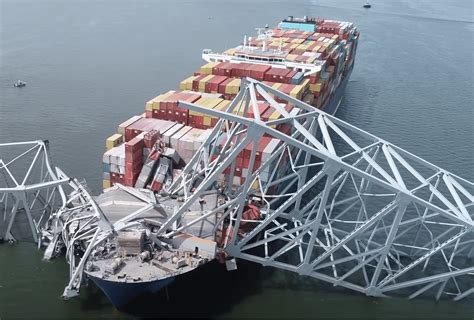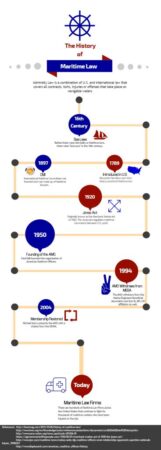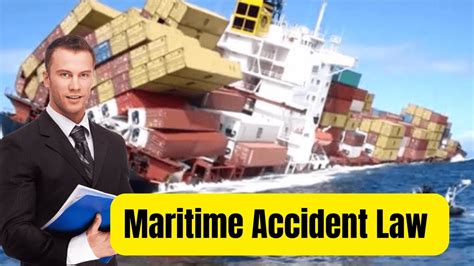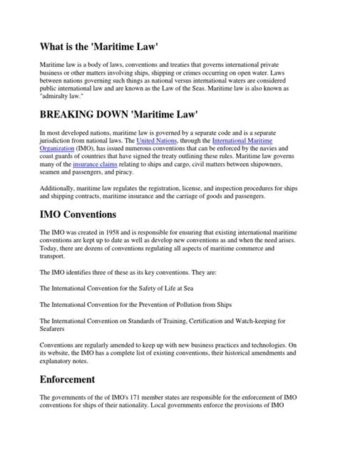
- Introduction
- Historical Roots of Cabotage Maritime Law
- Key Provisions of Cabotage Maritime Law
- Impacts of Cabotage Maritime Law
- Cabotage Maritime Law in Practice
- Table Summary of Cabotage Maritime Law Provisions
- Conclusion
-
FAQ about Cabotage Maritime Law
- What is Cabotage?
- Why is Cabotage Law Imposed?
- Which Countries Implement Cabotage Laws?
- What Types of Vessels are Affected by Cabotage Laws?
- What are the Requirements for Vessels to Operate Under Cabotage Laws?
- Are There Any Exceptions to Cabotage Laws?
- Who Enforces Cabotage Laws?
- What are the Penalties for Violating Cabotage Laws?
- How Do Cabotage Laws Impact International Trade?
- What is the Purpose of Cabotage Waivers?
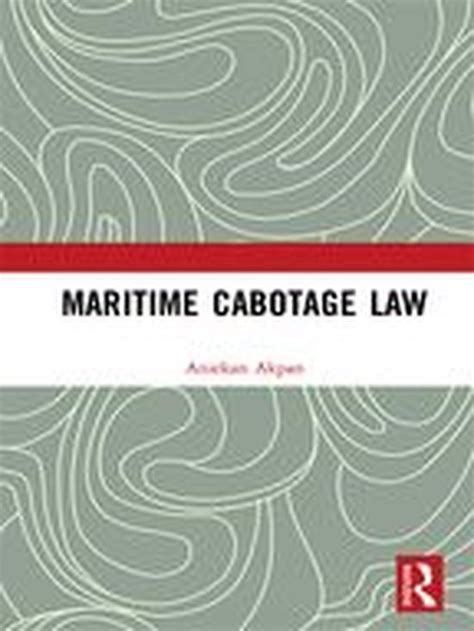
Introduction
Ahoy there, readers! Welcome to our comprehensive guide to cabotage maritime law—the legal framework governing the transportation of goods and passengers within a nation’s coastal waters. In this article, we’ll delve into the intricate world of maritime regulations, exploring the history, key provisions, and legal implications of cabotage laws. So, grab a cup of grog and let’s set sail on this legal adventure!
Historical Roots of Cabotage Maritime Law
The origins of cabotage laws can be traced back to ancient maritime practices. As early as the 15th century, European nations began enacting laws to protect their coastal shipping industries from foreign competition. These laws restricted the transport of goods and passengers between domestic ports to vessels flagged in the nation itself. Over time, cabotage laws evolved to become an integral part of maritime law, regulating the movement of vessels within a country’s territorial waters.
Key Provisions of Cabotage Maritime Law
Today, cabotage maritime laws vary from country to country, but they generally encompass the following key provisions:
- Restriction of Domestic Shipping: Cabotage laws typically prohibit foreign-flagged vessels from transporting goods or passengers between ports within a nation’s coastal waters.
- Permits and Licensing: In some cases, foreign vessels may be granted permits or licenses to operate within a country’s cabotage zone for specific purposes, such as emergency response or offshore development.
- National Security Considerations: Cabotage laws often serve national security interests by ensuring that vital coastal shipping routes remain under domestic control.
- Protection of Domestic Industries: By restricting foreign competition, cabotage laws aim to protect and support domestic shipping companies and maritime industries.
Impacts of Cabotage Maritime Law
Cabotage maritime laws have significant implications for various stakeholders in the maritime sector:
- Coastal Shipping Companies: Cabotage laws provide domestic shippers with a competitive advantage within their own waters, leading to increased market share and potential profits.
- International Shippers: Foreign shipping companies may face restrictions on their operations within cabotage zones, limiting their access to domestic markets.
- Consumers: Cabotage laws can impact the cost and availability of goods transported by sea, depending on the level of competition and market dynamics.
- Maritime Infrastructure: Cabotage regulations can influence the development and maintenance of ports and other maritime infrastructure within a country’s coastal waters.
Cabotage Maritime Law in Practice
The application of cabotage maritime laws can be complex and varies depending on the specific provisions of each country’s legislation. Some common examples include:
- United States: The Jones Act of 1920 prohibits foreign-flagged vessels from carrying goods or passengers between U.S. ports, with limited exceptions.
- European Union: Cabotage within the EU is generally prohibited, but certain exemptions apply for coastal shipping within individual member states.
- China: China’s cabotage laws restrict foreign vessels from operating in the country’s coastal waters, with exceptions for certain types of specialized services.
Table Summary of Cabotage Maritime Law Provisions
| Country | Cabotage Restriction | Exceptions |
|---|---|---|
| United States | Foreign vessels prohibited | Limited exceptions for emergencies, offshore development |
| European Union | EU-wide cabotage prohibited | Coastal cabotage within individual member states permitted |
| China | Foreign vessels prohibited | Exceptions for specialized services |
| Japan | Foreign vessels prohibited | Exceptions for limited types of cargo and passengers |
| Australia | Foreign vessels prohibited | Limited exceptions for commercial operations |
Conclusion
Well, readers, our journey into the world of cabotage maritime law has come to an end. We hope this article has shed light on the complexities of this fascinating legal framework. If you’re interested in further exploring the legal implications of coastal shipping, be sure to check out our other articles on maritime trade and international law. Thanks for joining us on this nautical adventure!
FAQ about Cabotage Maritime Law
What is Cabotage?
Cabotage is a maritime law that restricts the transportation of passengers or cargo within a country to ships owned or operated by that country’s citizens.
Why is Cabotage Law Imposed?
Cabotage laws protect domestic shipping industries and ensure the economic security of coastal communities.
Which Countries Implement Cabotage Laws?
Many countries have cabotage laws in place, including the United States, Canada, Mexico, and most European nations.
What Types of Vessels are Affected by Cabotage Laws?
Cabotage laws typically apply to commercial vessels engaged in the carriage of passengers or goods within a country’s territorial waters.
What are the Requirements for Vessels to Operate Under Cabotage Laws?
Vessels must be registered in the country where the cabotage law is being enforced, be owned by citizens of that country, and meet specific safety and environmental standards.
Are There Any Exceptions to Cabotage Laws?
Yes, exceptions may exist for certain activities, such as emergency services, military operations, or research vessels.
Who Enforces Cabotage Laws?
Cabotage laws are typically enforced by the country’s maritime authority, which conducts inspections and investigates potential violations.
What are the Penalties for Violating Cabotage Laws?
Penalties for violating cabotage laws can include fines, vessel detention, and the seizure of cargo.
How Do Cabotage Laws Impact International Trade?
Cabotage laws can affect international trade by limiting the ability of foreign vessels to participate in coastal shipping activities.
What is the Purpose of Cabotage Waivers?
Cabotage waivers allow foreign vessels to operate in a country’s domestic waters for limited periods or specific purposes, such as when there is a shortage of domestic shipping capacity.

